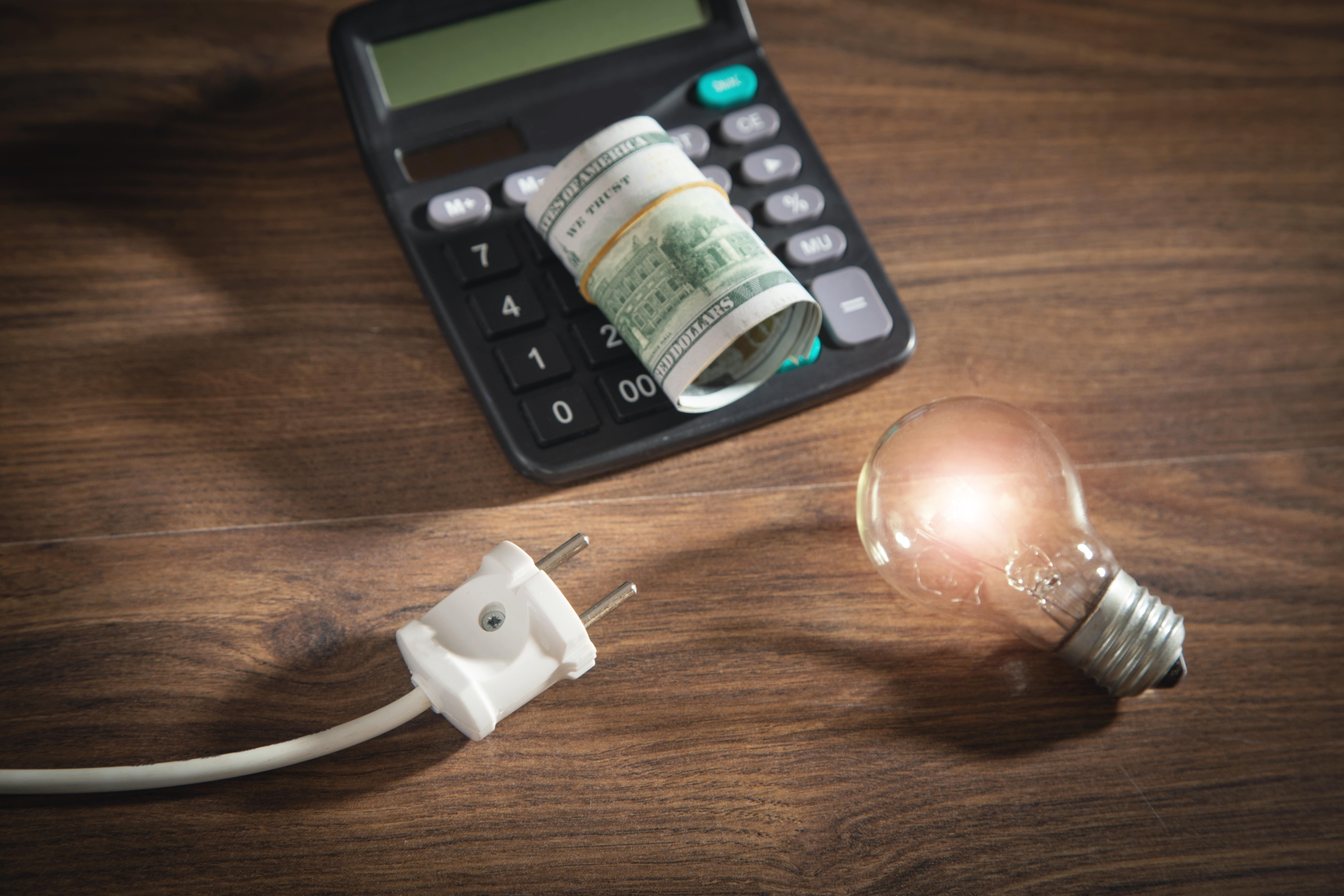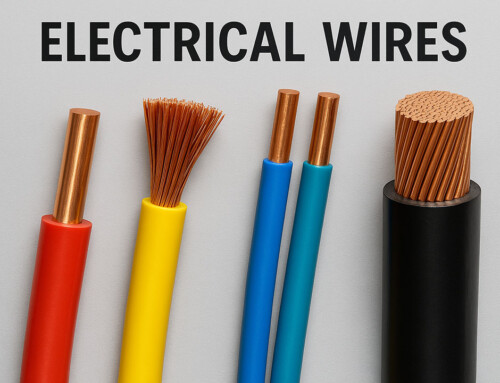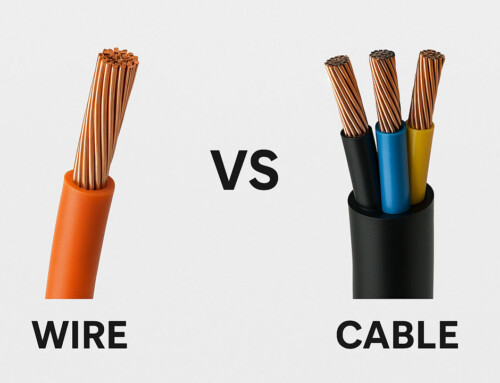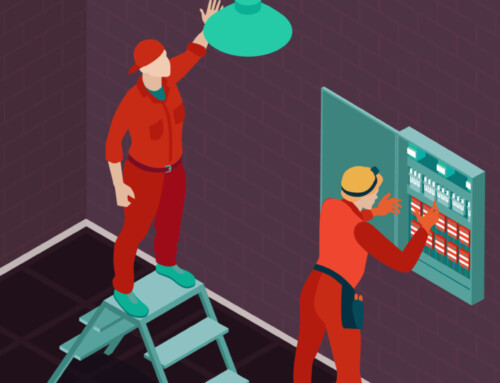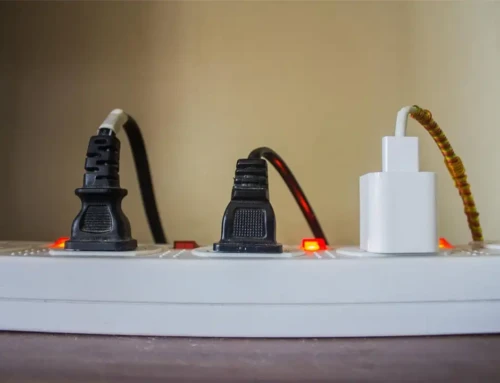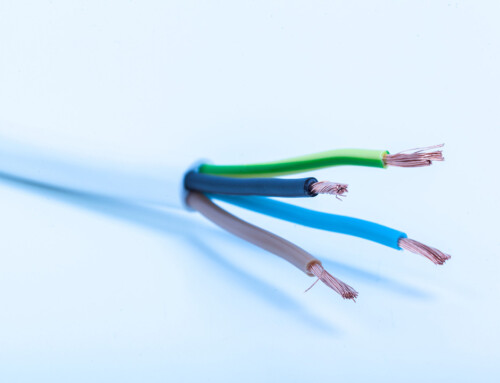Table of Contents
Are you faced with a monthly electric bill that’s starting to resemble your rent? You’re not the only one feeling this pinch. Many homeowners are dealing with the frustration of unexpectedly high electricity bills. Whether it’s from keeping the AC running all summer or other factors, this article is here to help uncover the reasons behind those soaring costs. We’ll explore common causes for the increase in your electric bill and offer practical solutions to bring it back down to a manageable level, helping you save some serious cash along the way.
Why Are My Electric Bills So High? How Do I Reduce Them?
High electricity bills can be a major concern especially if you are on a tight monthly budget. Let’s take a look at a few reasons that may be behind that hefty price tag:
Increased Usage
1. Changes in Weather and Energy Use
When the weather shifts, so does the demand on your home’s energy systems. During hot periods, your air conditioner kicks into overdrive, while colder temperatures prompt your heater to work harder. If your home relies on both heating and air conditioning, expect an increase in electricity consumption.
Consequently, a surge in your natural gas bill during colder months may raise questions about your energy expenses. Instead of solely comparing your current electricity bill with the previous month’s, consider looking back at the same period from the previous year. This comparison may reveal that your current bill aligns with seasonal fluctuations rather than indicating an abnormal increase.
2. Appliance Energy Consumption
Even when not in use, many household appliances continue to draw power, contributing to higher electricity bills. These devices, often dubbed “vampire appliances,” remain on standby mode, consuming energy until activated. Common culprits include DVR systems, smart home gadgets like Amazon Echo, phone chargers, and even seemingly harmless items like microwave ovens.
While the energy drain from standby mode is relatively low compared to active use, it can accumulate over time. According to the U.S. Department of Energy, standby appliances typically account for five to ten percent of a home’s energy consumption, translating to around $100 annually. This continuous energy draw highlights the importance of managing appliance usage to save on unnecessary energy expenses.
3. Changes in Household Size
When more people start living in your home, whether it’s a long-term guest or a family member returning from college for breaks, it naturally leads to increased energy consumption. With more individuals under one roof, activities like laundry, electronics usage, and lighting tend to rise, resulting in higher energy demands.
Insufficient Home System
1. Aging Appliances
As time goes on, your home appliances gradually become less efficient. Older appliances often aren’t as energy-efficient as newer models, even when they are brand new. So, they end up using more electricity compared to modern ENERGY STAR-rated appliances. This can make older appliances big contributors to higher energy bills.
2. Inadequate Home Insulation
If your home isn’t properly insulated, you’ll be losing heat and cool air through the attic, windows, doors, and fireplace. This inefficiency becomes noticeable through higher energy bills, especially when you’re using more heating or cooling during extreme weather. To tackle this, you might want to consider getting energy-efficient windows, adding insulation to your attic, and sealing windows and doors to stop drafts.
Billing Factors
1. Managing Electricity Usage
Electricity use changes throughout the day, not just with the seasons. At night, when most businesses are closed and people are asleep, less electricity is used. But on hot summer afternoons, when everyone’s running their AC, the demand for electricity is high.
You might have options to use big appliances like dishwashers, washers, dryers, ovens, AC units, and vacuums during times when electricity costs less, usually in the evening. Choosing these times could save you money on your electric bill.
2. Faulty Wiring Concerns
Sometimes, faulty wiring can make your electric bill go up. If damaged wires touch other wires or objects that conduct electricity, they can heat up and make you use more energy, leading to higher bills. If you think this might be happening, it’s important to get a professional to check it out right away. Signs could include breakers tripping often, lights flickering or buzzing, or discoloration around outlets or switches. Good wiring isn’t just about saving money—it’s about keeping your home safe.
More Ways to Lower Your Electricity Bill
-
Upgrade Your Appliances
If your home still has those old-school appliances, it might be time for an upgrade. Look out for ENERGY STAR appliances when you’re shopping, especially for things like fridges, dryers, and dishwashers. Making this change could save you about $450 a year on your energy bills, according to ENERGY STAR.
-
Fix Leaks
As mentioned earlier, if your house isn’t well insulated or your windows aren’t sealed right, you could be losing heat and money. Adding insulation to your attic and fixing drafty windows can help. ENERGY STAR says insulating your attic could cut your energy bills by up to 10%, and replacing leaky windows could save you about 12%.
-
Invest in Renewable Energy
Consider installing solar panels or other renewable energy sources to generate your own electricity and further reduce your reliance on the grid.
-
Monitor Your Usage
Many utility companies offer online tools to track your daily and hourly energy consumption. This information can help you identify areas where you can cut back.
-
Install a Heat Pump System
Heat pump systems are one of the most efficient ways to heat and cool your home. Unlike traditional HVAC systems, heat pumps transfer heat rather than generate it, using much less energy. Switching to a modern heat pump could reduce your electricity use for heating by up to 50%, depending on your climate and system setup.
By understanding the various reasons behind a high electric bill, you’re empowered to take control and bring those costs down. Whether it’s making small adjustments like unplugging unused appliances or tackling bigger projects like improving home insulation, there are numerous solutions to consider. Remember, a little effort now can translate to significant savings on your future electricity bills. So, take a proactive approach, explore the options presented, and get ready to see a positive change in your energy spending.
Remember: Electrical work can be hazardous. If you’re unsure about any step, prioritize safety and call a qualified electrician.

